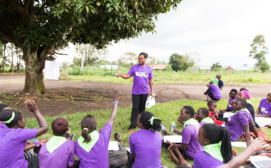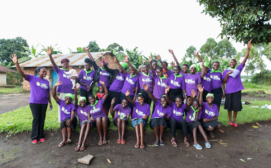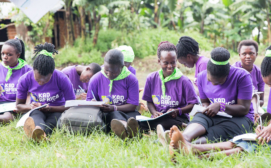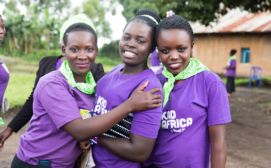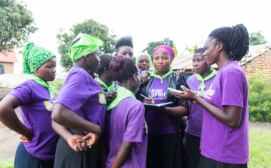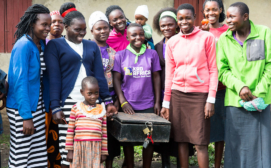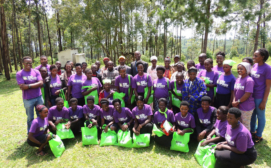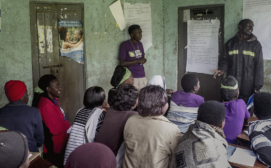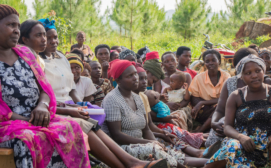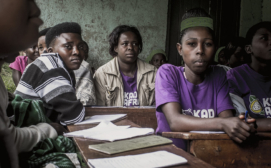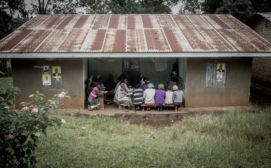Project Lead(s): Eric Kaduru
Issue
90% of Uganda’s population resides in rural areas. This ruralisation is compounded by the startlingly young population of the nation.
Currently, programming on pregnancy and female empowerment is targeted towards in-school youth. This is problematic, as half of girls across the country are not in school due to issues like pregnancy, early marriage, and financial instability.
This leaves girls vulnerable because of their economic dependence and lack of empowerment to missing out on soft skills programming on topics such as life skills, SRHR, financial literacy, and gender.
Solution
The project delivered proprietary life-skills and health education to girls through the KadAfrica Experience curriculum. Out-of-school girls aged 12-24 in Western Uganda were equipped with the knowledge and skills to begin their own passionfruit farms. KadAfrica facilitated access to land for agricultural training.
KadAfrica recruited 9 new cooperatives and a total of 264 girls. Participants were recruited through: outreach events at religious institutions, community meetings, and other organizations through partnerships.
Each cooperative was assigned a dedicated agricultural trainer and a Peer Facilitator who conducted class lessons and provided one-on-one support. Over an 8 month period girls received training on topics such as menstruation, hygiene, pregnancy, abortion, safe-sex, family planning, and nutrition.
KadAfrica then facilitated girls taking a government certified exam through the Directorate of Industrial Training to be certified as passionfruit farmers.
Outcome
KadAfrica has seen positive results in impact areas, indicating a good rate of knowledge uptake by girls in the program especially on topics surrounding SRHR. The project found that girls had often shared their new knowledge with family members.
Girls who participated in the program doubled their income resulting in a decreased prevalence of economic dependence. After the program a significantly higher proportion of girls had access to menstrual hygiene supplies while families had better access to private toilets or latrine.
KadAfrica’s innovation is being scaled by multiple partners. Grand Challenges Canada has provided $500,000 in Transition to Scale funding and the Roddenberry Foundation has provided $330,000.

